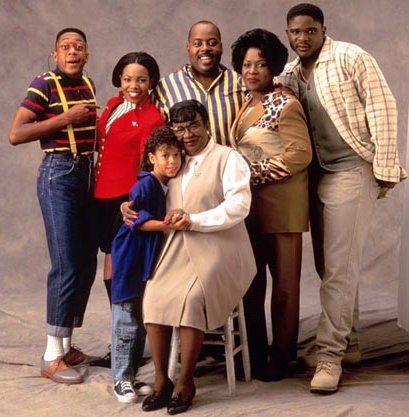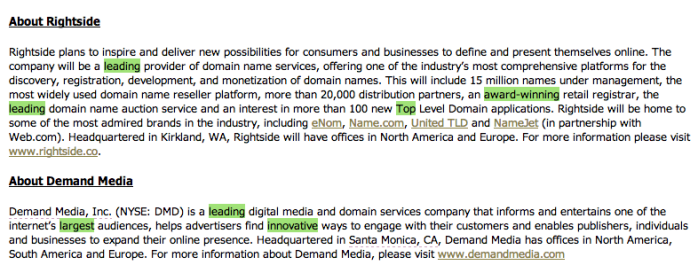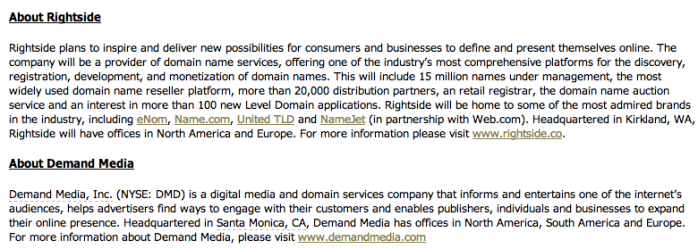When The Next Web “asked me to leave” back in July, I did one of the smartest things I’ve ever done: I essentially took a long vacation to enjoy my (and my family’s) last 5 weeks of living in lovely Barcelona.
But, evidently, you can’t just turn off your brain and not think about what comes next, especially when you have a family to support. So I considered joining another big tech blog or starting my own small tech blog, and I also entertained a bunch of other offers and possibilities, such as joining a PR firm or working in a marketing or business development type role in a tech startup or even a large corporation.
I also considered writing for different publications and various clients on a freelance basis, which I actually ended up doing for a while because it was good fun and a welcome way to keep the lights on at home.
Ultimately though, I didn’t want to think about it too much. Until one night I started pondering about what was missing in the European tech media landscape, which in my mind was a heck of a lot.
In mid-August, most definitely on a whim, I purchased the domain name tech.eu with a sizeable chunk of what was left of our savings. The domain was available, and I figured I could use it if I ever decided to start my own tech blog, or I might be able to sell it without a loss in case that didn’t pan out.
At that point, I didn’t really know, though I started to miss writing.
A meeting of minds
As Alanis Morrisette so eloquently put it, life has a funny way of sneaking up on us.
At some point, at some conference, I started a conversation with my good friend Alex Barrera, and it turned out he and some other people had also spotted a huge gaping hole in the European tech media landscape, which was in-depth coverage on a broader scale than other publications are currently doing.
One thing led to another and I ultimately banded together with an amazing group of people, some of which I’ve known for many years and others I’ve only met in recent months.
I’ll give you some (but not all, for your sanity) the details of why it took so many more months to get where we are today: the public launch of Tech.eu, or at least the first version of it. Sure, go ahead, tell all your friends.
In a nutshell, it takes much more time and effort to build a digital publication with at least something of a solid brand identity, formulate an editorial strategy, and to do a million other things nobody really cares about but are essential to get done before a launch.
But today’s the day of our launch, and even though I know there’s lots of work to be done on a multitude of levels (design, content, partnerships, hiring, you name it) I’m very pleased.
I’m pleased because we’ve managed to agree on an editorial and commercial strategy that we believe will benefit the broader tech ecosystem in Europe and beyond. As I write in our launch post, we truly believe there’s no one currently doing what we plan to do, and we also think it’s much needed.
While some seem to think the only way to ‘win’ is to go for easy and lots of traffic to monetize the shit out of it with advertising, we think there’s an unmet need for something else – something more.
On a mission to create great content
We’re not being hypocritical: we read, like and share the same listicles and animated GIF posts and fucking slideshows just like everyone else appears to be doing these days.
We also see that there’s an audience for that type of content, as well as fast but ultimately shallow ‘news’ articles, back-of-the-envelope analysis and ‘reports’ based on thin air at best.
We realize that this is what makes a Buzzfeed, Upworthy, Mashable, Business Insider and, increasingly, sites like The Next Web and TechCrunch tick. We realize full well there’s a good reason for it (give people what they want etc.). It’s just that we don’t want to be part of it.
We also see the value of, and appetite for, original, unique and long-form content pertaining to the European technology industry. We think qualitative and data-driven analysis is a good way to build a (small but valuable) audience that can be effectively ‘monetized’ – it doesn’t, and shouldn’t, always have to revolve around the sheer number of page views a publication can trick readers into.
We see the trend of niche media startups – ‘entrepreneurial journalism’ if you will – with experienced reporters like Kara Swisher / Walt Mossberg, Sarah Lacy, Paul Carr, Jessica Lessin, Rafat Ali and Bobbie Johnson starting up lean digital publications, and attempt to think and act differently.
We also can’t not notice that, in Europe, the very diversity and fragmentation that defines the continent makes for a hotchpotch of tech media: there are great English-language local blogs and networks such as Rude Baguette, VentureVillage, Netocratic, ArcticStartup etc. being started and maintained in an effort to highlight innovation in a certain country or region.
That’s absolutely fantastic, but at the same time: who really has the time and resources to weed through all of them to get some bigger perspective on what’s happening in the European tech landscape?
Well, we do, and more importantly, we care.
Stay tuned for more, and go subscribe to Tech.eu.



